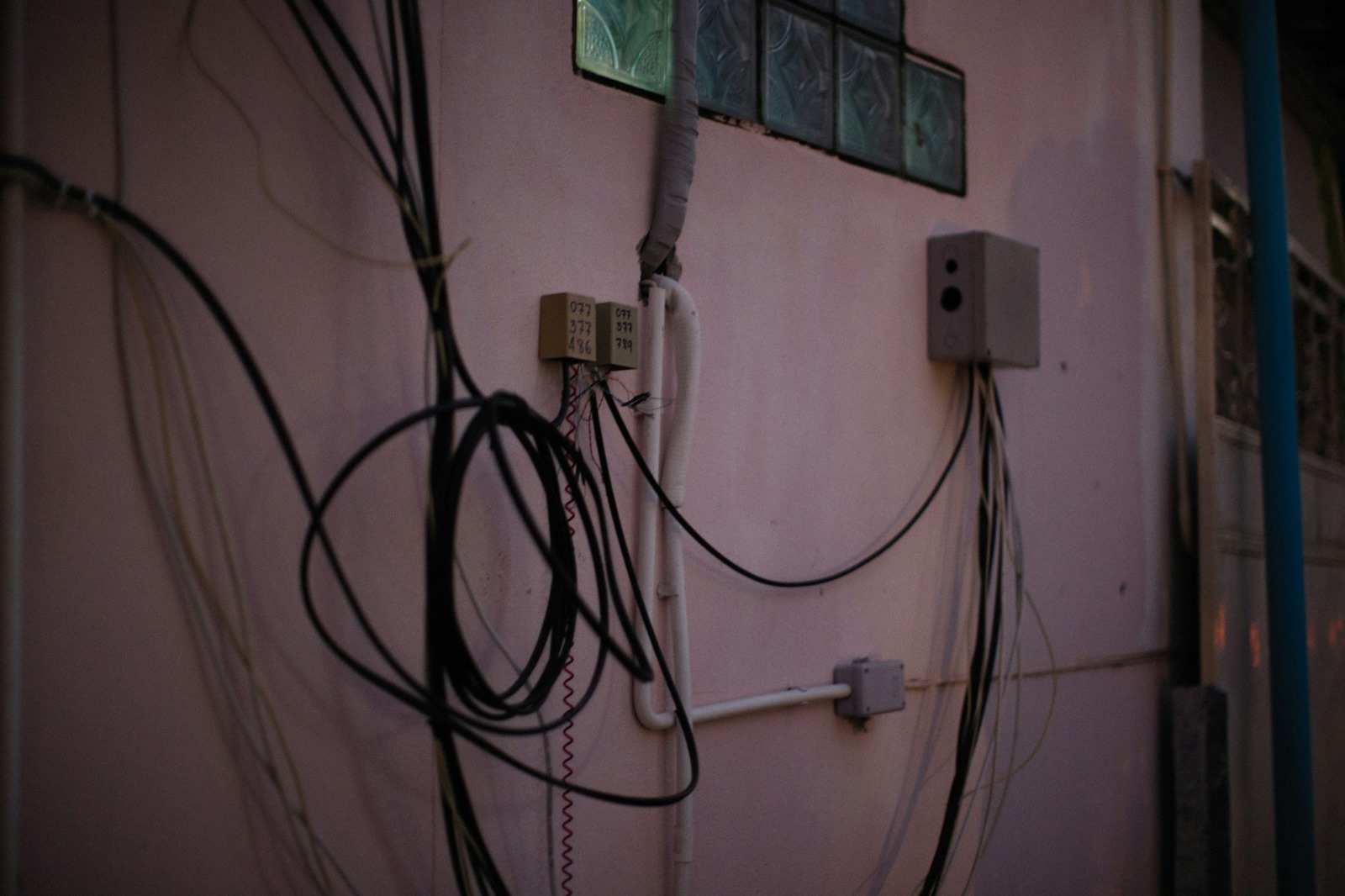Why London Homes Have Ageing Electrical Wiring and Why Rewiring Should Be a Priority – Expert Tips by Milad Parvizi

Many London homes were built decades ago, long before modern electrical safety standards were introduced. As Milad Parvizi, an experienced London electrician and electrical fault-finding specialist, explains: “Older wiring often survives because it was never upgraded. But time, wear, and the increasing demands of modern life make it a hidden hazard.”
Ageing wiring can lead to overloaded circuits, overheating, and even fires. Understanding why wiring deteriorates and taking prompt action can prevent accidents, protect property, and provide peace of mind for homeowners.
1) Why Wiring Ages
Electrical wiring in older homes was not designed for today’s energy demands. Milad points out:
- Original cables may not handle multiple high-power devices simultaneously.
- Insulation breaks down naturally over decades.
- Connections can loosen or corrode, increasing the risk of sparks.
Even if the system has functioned for years without noticeable problems, degradation is gradual and often invisible.
2) Common Signs of Deterioration
Homeowners should be alert to early warning signs. Milad lists several indicators of ageing wiring:
- Frequently tripping breakers or blown fuses
- Flickering or dim lights
- Warm or discoloured sockets
- Strange smells near plugs or switches
“These signs shouldn’t be ignored,” he warns. “Even minor symptoms can point to serious underlying issues that only get worse with time.”
3) Rewiring as a Safety Priority
Given the risks, electrical rewiring of older homes should be considered a priority. Milad explains: “Electrical rewiring doesn’t just improve safety—it supports modern electrical loads and adds value to your property.”
Professional electrical rewiring replaces outdated cables, installs new sockets and switches, and ensures compliance with current British safety standards. While it may feel like a big investment, the cost is minor compared to the potential damage caused by an electrical fire or repeated faults.
4) Why DIY Isn’t Enough
Many homeowners attempt temporary fixes, like changing a fuse or replacing a socket themselves. Milad stresses: “DIY won’t address the hidden deterioration of cables behind walls. Only a certified electrician can safely inspect, test, and rewire a property.”
Incorrect installation can create new hazards, so professional involvement is essential for both safety and compliance.
5) Benefits Beyond Safety
Rewiring an older London home offers more than just reduced fire risk:
- Improved energy efficiency and lower electricity bills
- Increased compatibility with modern appliances and smart home devices
- Peace of mind for families and future buyers
Milad notes that many homeowners notice immediate improvements in performance and reliability once rewiring is complete.
6) Planning and Professional Advice
Milad advises planning rewiring carefully to reduce disruption:
- Schedule work in phases if the home is occupied
- Discuss the number and placement of sockets and switches for future needs
- Choose quality materials that meet current standards
Consulting a qualified electrician ensures that the rewiring plan is safe, effective, and future-proof.
Final Thoughts
Older wiring in London homes is a silent but serious risk. According to Milad Parvizi, recognising signs of ageing, prioritising rewiring, and using professional services are the best ways to protect your home and family.
Proactive action today prevents emergencies tomorrow, improves efficiency, and guarantees compliance with modern safety regulations. In the end, rewiring is not just an upgrade—it’s an essential investment in safety and peace of mind.



